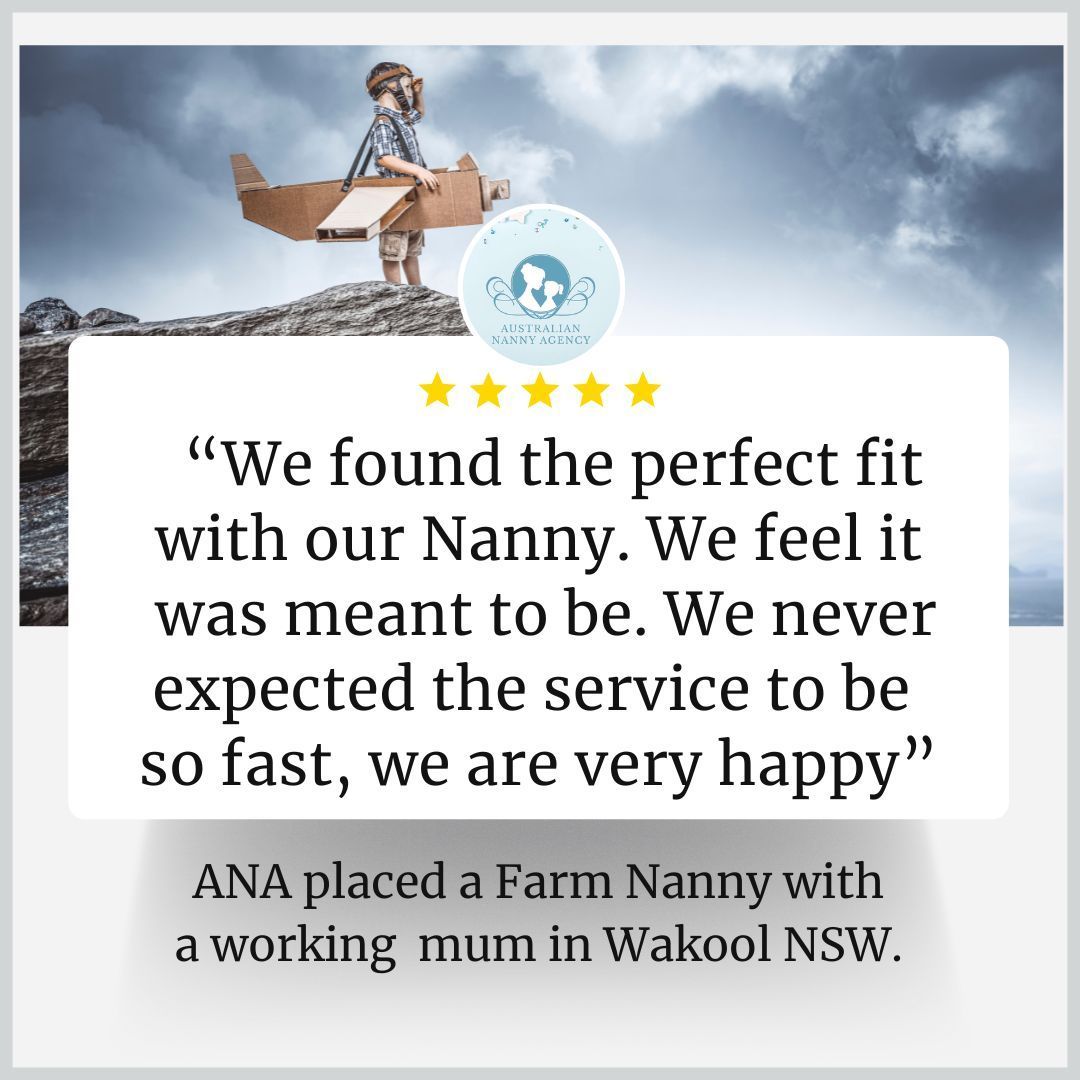"Understanding Visa Options for Nannies Seeking Employment in Bali: A Comprehensive Guide"
What Type of Visa Does a Nanny Need for Bali?
When considering a move to Bali as a nanny, it is essential to familiarize yourself with the visa requirements for working in Indonesia. Bali, renowned for its beautiful landscapes and vibrant culture, has become a popular destination for expatriates and tourists alike. For nannies looking to work in Bali, navigating the visa process is crucial for a smooth transition. This blog will provide comprehensive information on the types of visas available for nannies, the application process, and best practices to ensure compliance with local laws and regulations.
Understanding Visa Options
1. Tourist Visa
The most common visa that many travelers obtain when coming to Indonesia is the tourist visa. A tourist visa allows you to stay in Bali for a limited period, usually up to 30 days, with the possibility of extending it for another 30 days. It’s important to note that a tourist visa does not permit you to work legally. If you are looking to reside and work in Bali as a nanny, this visa is not a suitable option.
2. Social/Cultural Visa (B-211 Visa)
The Social/Cultural Visa, also known as the B-211 visa, can be another option. This visa is typically issued for visits to family or cultural events and can be extended for up to six months. However, like the tourist visa, this visa prohibits you from engaging in any paid work, including nanny services.
3. Working Visa (KITAS)
For nannies who intend to work legally in Bali, the Working Visa, known as the KITAS (Kartu Izin Tinggal Terbatas), is essential. This visa is specifically designed for foreigners working in Indonesia and is the most appropriate choice for nannies.
Requirements for a KITAS
- Employment Contract: A valid employment contract from a local employer in Indonesia is required.
- Sponsorship: Your employer must sponsor your KITAS application. This means they will be responsible for the legalities around your work permit.
- Work Permit (IMTA): Before applying for a KITAS, your employer must obtain a work permit (IMTA) from the Indonesian Ministry of Manpower.
- Documentation: A document package must typically include your passport, photographs, academic qualifications, and proof of experience relevant to the nanny position.
- Health Check: Some applicants may also need to undergo a health check and provide a medical certificate.
Duration
The KITAS is usually granted for one year but can be renewed as needed. This makes it an ideal option for nannies looking to stay longer in Bali and build a stable life while providing childcare services.
4. Dependent Visa
If you are already in Bali on a KITAS as an employee or you have a sponsor with a valid work permit, you may qualify for a dependent visa. This visa allows your family members or dependents to stay in Bali but does not permit them to work.
Application Process for a Working Visa (KITAS)
1. Finding Employment
Before applying for a KITAS, the first step is to secure a job with a family in Bali. Nanny positions can often be found through various online platforms or local agencies specializing in domestic staffing.
2. Employer Responsibilities
Once you have secured a position, your employer will need to start the application process for the work permit (IMTA) on your behalf. This process generally includes:
- Submitting your employment contract to the relevant authorities.
- Providing any necessary documentation to comply with local labor laws.
3. Applying for KITAS
After the employer secures the work permit, they can proceed with the KITAS application. The general steps include:
- Filling out the necessary forms and providing supporting documentation.
- Paying any required fees.
- Submitting the application to the Directorate General of Immigration.
4. Receiving the KITAS
Once approved, you will receive the KITAS, which will allow you to live and work in Bali legally. Ensure to keep a copy of this visa on hand at all times and be aware of any renewal dates.
Best Practices for Nannies in Bali
- Legal Compliance: Always ensure you follow the legal requirements for visas and work permits. Working without the proper documentation can lead to severe penalties, including deportation and bans on future entry into Indonesia.
- Cultural Sensitivity: Familiarize yourself with Balinese customs and traditions. This can greatly enhance your integration into the local community and make you a more effective caregiver.
- Insurance: Consider getting health insurance that covers you while living abroad. Healthcare can vary widely, and having coverage can prevent unexpected financial burdens.
- Networking: Join expatriate communities and social media groups in Bali. Networking can provide valuable support, job leads, and camaraderie as you adjust to your new life.
- Continued Education: If you're serious about your nanny career, consider pursuing additional certifications or courses related to childcare. This not only strengthens your resume but also prepares you better for the responsibilities ahead.
Conclusion
Moving to Bali as a nanny can be a deeply rewarding experience, providing opportunities for personal and professional growth while immersing yourself in a new culture. However, it's imperative to understand and comply with the visa requirements to avoid complications during your stay.
By following the guidelines laid out in this blog, you can ensure a seamless transition into your new role in Bali. Securing a valid working visa, such as the KITAS, is essential for a successful and legal employment journey. Bali awaits you—embrace the adventure and enrich the lives of the families you serve!
Blog









